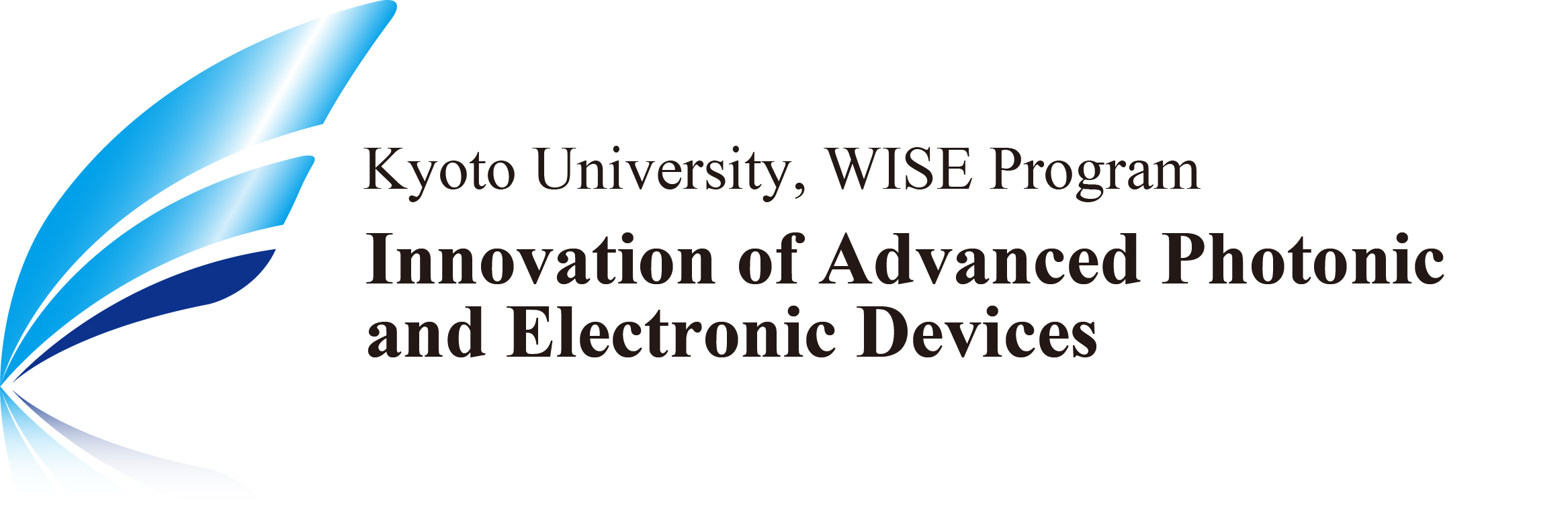e-Seminar (1st 2021) will be held
The Takeuchi Laboratory, Department of Electronics, Graduate School of Engineering, has decided to hold a seminar inviting leading researchers inside and outside the university with the aim of deepening and expanding the understanding of researchers regarding photon sensing. .. The first session will be conducted with the following outline. We hope that you will give us a wide range of voices within the university and use this as an opportunity to deepen discussions in this field.
Apply from the URL
https://forms.gle/d4ErJeVZPHMmwq6N8
Lecturer Yujiro Eto (Associate Professor, Department of Electronic Engineering, Graduate School of Engineering) Title: Control of atomic spin and quantum fluctuation of light, and application to measurement technology Date and time: July 19, 2021 15: 30-16: 30 (lecture time is 45 minutes) Form: Online conference by Zoom (open only to the campus)
In recent years, the realization of quantum technology has attracted a great deal of attention as a technology that brings innovation to various fields such as measurement, information processing, and processing. One of the important things to realize quantum technology is to identify the factors that destroy the coherence of the quantum system (decoherence) and protect the quantum system from the decoherence.
As the first topic of this lecture, we will introduce research on spin coherence of cryogenic rubidium atomic gas. Focusing on the research that the lecturer has done so far, new control methods and quanta of coherence such as control of coherence by spin echo method and application to magnetic field measurement technology {1} and coherence formation by particle dissipation {2} I will introduce the phenomenon. As the second topic, we will introduce how to control and utilize the quantum fluctuations of light, especially its application to nonlinear optical microscopes. A non-linear optical microscope is a technique that enables deep observation of a living body by utilizing the non-linear interaction between light and a substance. The speaker recently succeeded in experimentally demonstrating that the observation performance in the depth direction of a nonlinear optical microscope can be improved by using the ultrafast intensity correlation of several hundred femtoseconds created by the quantum fluctuation of the pulse pair. 3}. Although this method utilizes quantum fluctuations, it has an important application feature of being resistant to loss. The lecture will also discuss the further possibilities of photon fluctuations in nonlinear measurements.
Organized by Graduate School of Engineering, Department of Electronic Engineering, Applied Quantum Physical Properties Co-sponsored by the Graduate School of Excellence, Advanced Optical and Electronic Device Creation, Photon Sensing Research Center
